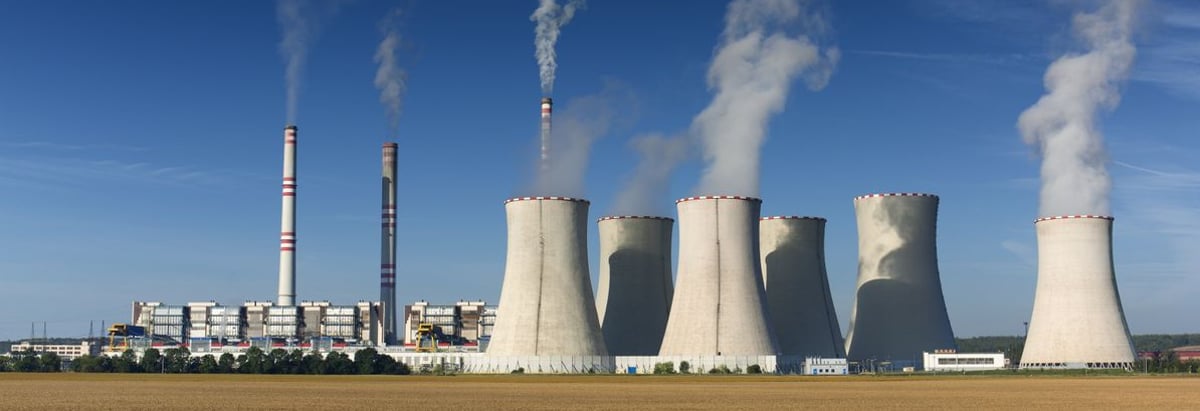Stock Analysis
- China
- /
- Renewable Energy
- /
- SHSE:601985
Why Investors Shouldn't Be Surprised By China National Nuclear Power Co., Ltd.'s (SHSE:601985) Low P/E

With a price-to-earnings (or "P/E") ratio of 18.9x China National Nuclear Power Co., Ltd. (SHSE:601985) may be sending bullish signals at the moment, given that almost half of all companies in China have P/E ratios greater than 29x and even P/E's higher than 54x are not unusual. Although, it's not wise to just take the P/E at face value as there may be an explanation why it's limited.
With earnings growth that's superior to most other companies of late, China National Nuclear Power has been doing relatively well. It might be that many expect the strong earnings performance to degrade substantially, which has repressed the P/E. If not, then existing shareholders have reason to be quite optimistic about the future direction of the share price.
See our latest analysis for China National Nuclear Power
How Is China National Nuclear Power's Growth Trending?
China National Nuclear Power's P/E ratio would be typical for a company that's only expected to deliver limited growth, and importantly, perform worse than the market.
Taking a look back first, we see that the company grew earnings per share by an impressive 19% last year. The latest three year period has also seen an excellent 35% overall rise in EPS, aided by its short-term performance. Accordingly, shareholders would have probably welcomed those medium-term rates of earnings growth.
Turning to the outlook, the next three years should generate growth of 7.6% per year as estimated by the twelve analysts watching the company. That's shaping up to be materially lower than the 25% per annum growth forecast for the broader market.
In light of this, it's understandable that China National Nuclear Power's P/E sits below the majority of other companies. Apparently many shareholders weren't comfortable holding on while the company is potentially eyeing a less prosperous future.
The Key Takeaway
Using the price-to-earnings ratio alone to determine if you should sell your stock isn't sensible, however it can be a practical guide to the company's future prospects.
We've established that China National Nuclear Power maintains its low P/E on the weakness of its forecast growth being lower than the wider market, as expected. At this stage investors feel the potential for an improvement in earnings isn't great enough to justify a higher P/E ratio. Unless these conditions improve, they will continue to form a barrier for the share price around these levels.
Plus, you should also learn about these 2 warning signs we've spotted with China National Nuclear Power (including 1 which shouldn't be ignored).
If you're unsure about the strength of China National Nuclear Power's business, why not explore our interactive list of stocks with solid business fundamentals for some other companies you may have missed.
New: AI Stock Screener & Alerts
Our new AI Stock Screener scans the market every day to uncover opportunities.
• Dividend Powerhouses (3%+ Yield)
• Undervalued Small Caps with Insider Buying
• High growth Tech and AI Companies
Or build your own from over 50 metrics.
Have feedback on this article? Concerned about the content? Get in touch with us directly. Alternatively, email editorial-team (at) simplywallst.com.
This article by Simply Wall St is general in nature. We provide commentary based on historical data and analyst forecasts only using an unbiased methodology and our articles are not intended to be financial advice. It does not constitute a recommendation to buy or sell any stock, and does not take account of your objectives, or your financial situation. We aim to bring you long-term focused analysis driven by fundamental data. Note that our analysis may not factor in the latest price-sensitive company announcements or qualitative material. Simply Wall St has no position in any stocks mentioned.
Have feedback on this article? Concerned about the content? Get in touch with us directly. Alternatively, email editorial-team@simplywallst.com
About SHSE:601985
China National Nuclear Power
Invests in, develops, constructs, operates, and manages nuclear power projects in the People's Republic of China.


